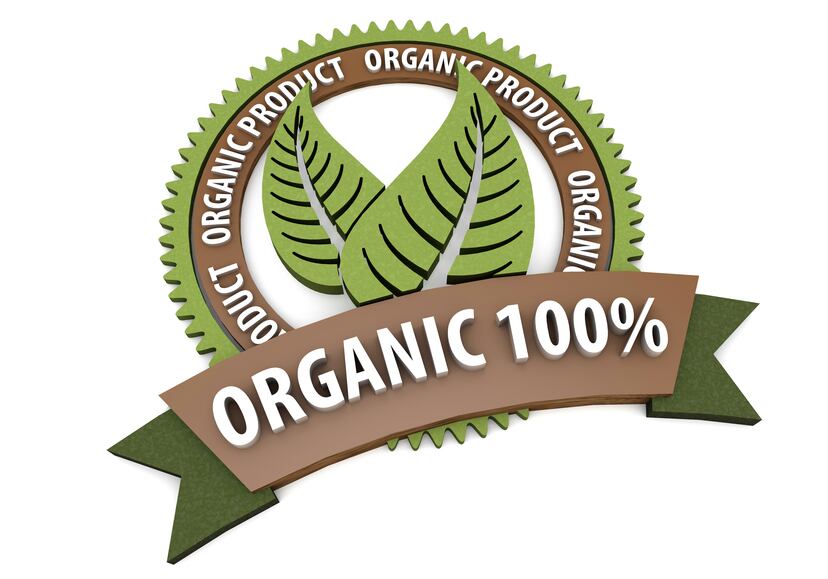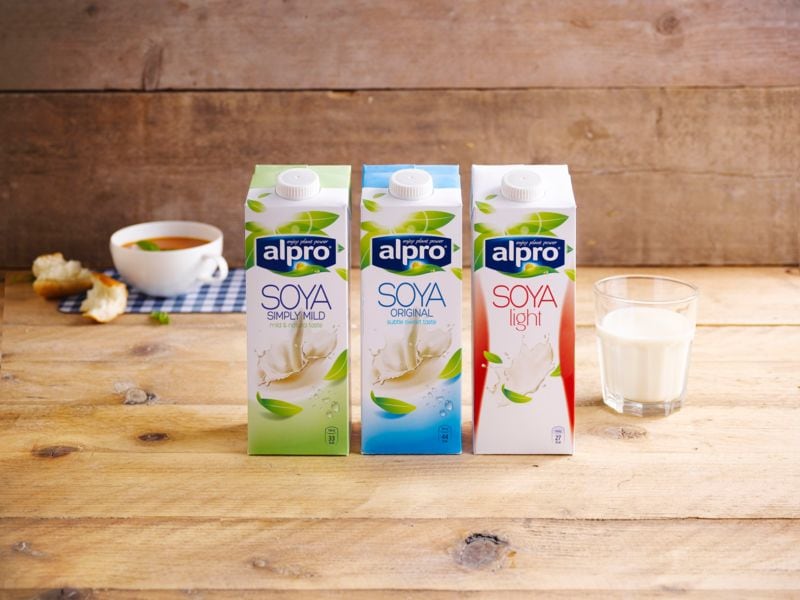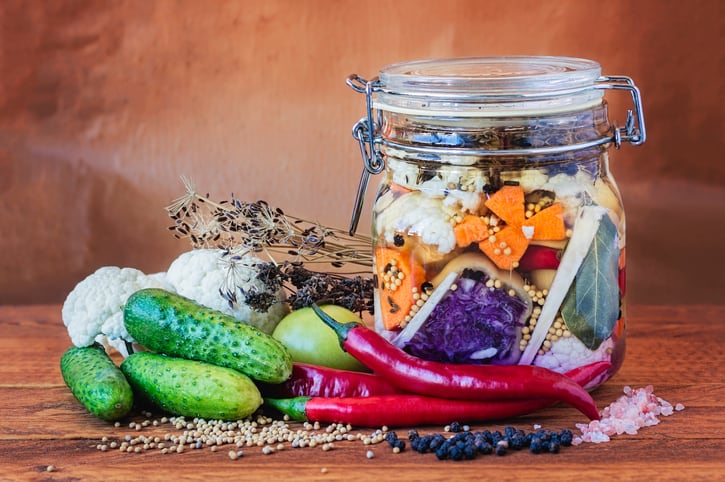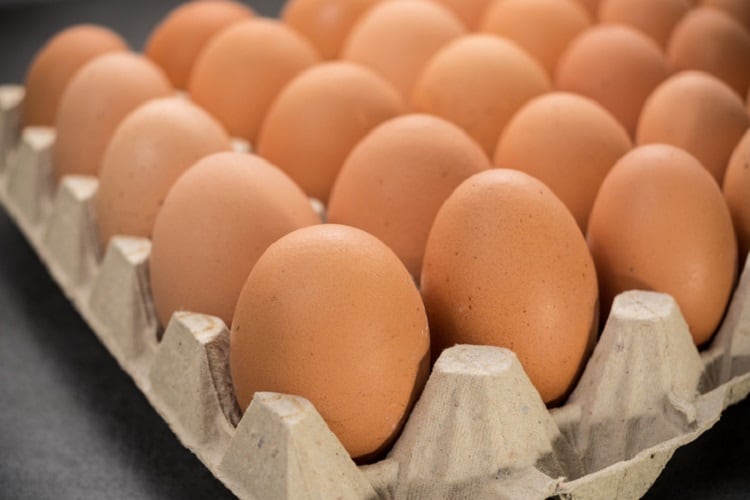Organic sales in Europe were worth a total of €33.5bn in 2016, a year in which the market grew by 11.4%, according to figures from the Research Institute for Organic Agriculture, FiBL. The highest growth was observed in France where organic sales were up 22%.
While the organic food sector in Europe should still be thought of as a niche segment, it is worth noting that in the decade 2007-2016 the value of European and European Union markets has more than doubled.
FiBL noted: “Globally, European countries account for the highest shares of organic food sales as a percentage of their respective food markets. Denmark has the highest organic share (9.7%) worldwide. Individual products and product groups hold even higher shares. Organic eggs, for instance, constitute more than 20% of the value of all eggs sold in several countries.”
Increasing competition
The growing European market for organic food is attracting increasing competitive activity. Tellingly, FiBL’s figures reveal there has been a significant up-tick in the number of organic food processors and importers in recent years. The research group found there were 66,000 processors in Europe (63,000 in the European Union) in 2016 and 4,700 importers.
The state of the European organic food sector will be in the spotlight at the upcoming Sustainable Foods Summit, staged in Amsterdam in June. Sahota will be among the speakers discussing the state of sustainable foods in Europe.
Amarjit Sahota, founder and president of Ecovia Intelligence, told FoodNavigator that competition is also coming from other quarters.
“We have seen a flood of new entrants in the last 10 years. Indeed, many large food companies now have organic lines or have acquired organic companies,” Sahota noted.
According to the organic market research expert, large food companies are adopting divergent strategies to capitalise on opportunities in the organic space.
“The large food companies are taking a mixed approach. The most favoured option is to develop organic lines of successful products. However some are going further and acquiring organic brands. Heinz and Nestle are some of the companies that have taken the first option and develop organic lines. Unilever and General Mills are companies that have favoured the acquisition route. Other, like Danone have developed organic lines and acquired organic food business,” Sahota reflected.
Another important area of growing competition is an increasingly strong focus on delivering private label options from some of the regions largest retailers. “Private labels are also making the market more competitive. The largest food retailers in Europe all have private labels for organic foods. Many are investing heavily in their private label ranges.”
For example, French retailer Carrefour announced last year that it plans to raise its organic food sales from €1.2bn to €5bn by 2022, with much of this set to come from private label.
Consolidation on the cards
The recent takeover bid for Wessanen highlights the conundrum that pure-play European organic food makers are faced with.
Earlier this month, Wessanen and a consortium of investors, including PAI Partners and Charles Jobson, agreed on recommended all-cash offer valuing the company at approximately €885m, or 17.8 times operating profit.
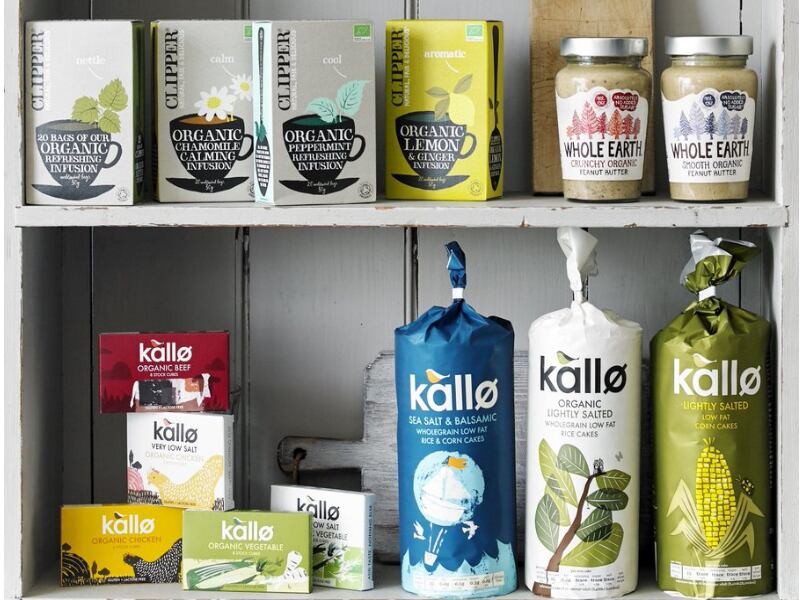
The company – which produces organic brands such as Bjorn and Clipper – has seen its sales come under pressure of late.
In the most recent reporting period, the first quarter of 2019, the company reported a 4.1% fall in revenue. At the time, the company attributed the decline to a decision to take a step back from a highly promotional market as well as the withdrawal of its chilled activities.
Speaking on a conference call after the takeover bid was announced, Wessanen CEO Christophe Barnouin alluded to the changing nature of the European organic market.
According to Barnouin’s assessment, the increasing popularity of organic, sustainable and healthy food has, in fact, had a negative impact on Wessanen because it has resulted in heightened levels of competition.
In order to return to growth, he suggested Wessanen needed to step up its investment in advertising and promotions as well as adopting some organisational changes.
"Our vision is to build a European leader in organic and sustainable food. We want to remain at the forefront of making food healthier and more sustainable for the benefit of both consumers and the planet.
“This requires a long-term commitment from shareholders and long-term investments. It is all the more critical in an era where organic, sustainable and healthy themes have grown increasingly popular, which in turn has resulted in a more competitive landscape.”
Increased pace of M&A?
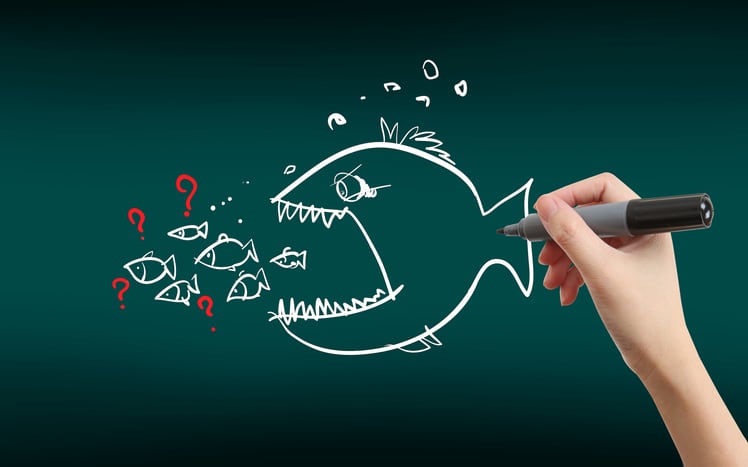
According to Sahota, the fragmented and competitive – but growing – nature of the European organic sector means we are likely to see an increase in consolidation levels.
“One of the key factors behind consolidation is industry structure,” Sahota suggested. “The organic food industry, especially in Europe, remains fragmented. There are many operators, with few having a pan-European presence.
“Consolidation is occurring whereby large companies are emerging in the supply and retail of organic foods. We have already seen a shift in the last 10 years whereby large food retailers (like Carrefour, Albert Heijn, Delhaize, etc.) take up strong positions in retail. However, the supply-side remains fragmented and this is where consolidation is occurring now.
“Expect to see more organic brands join large food companies: conventional food companies like Unilever and Danone, as well as organic and sustainable food companies like Wessanen and Hain Celestial. Acquisitions appear to be the way forward.”

